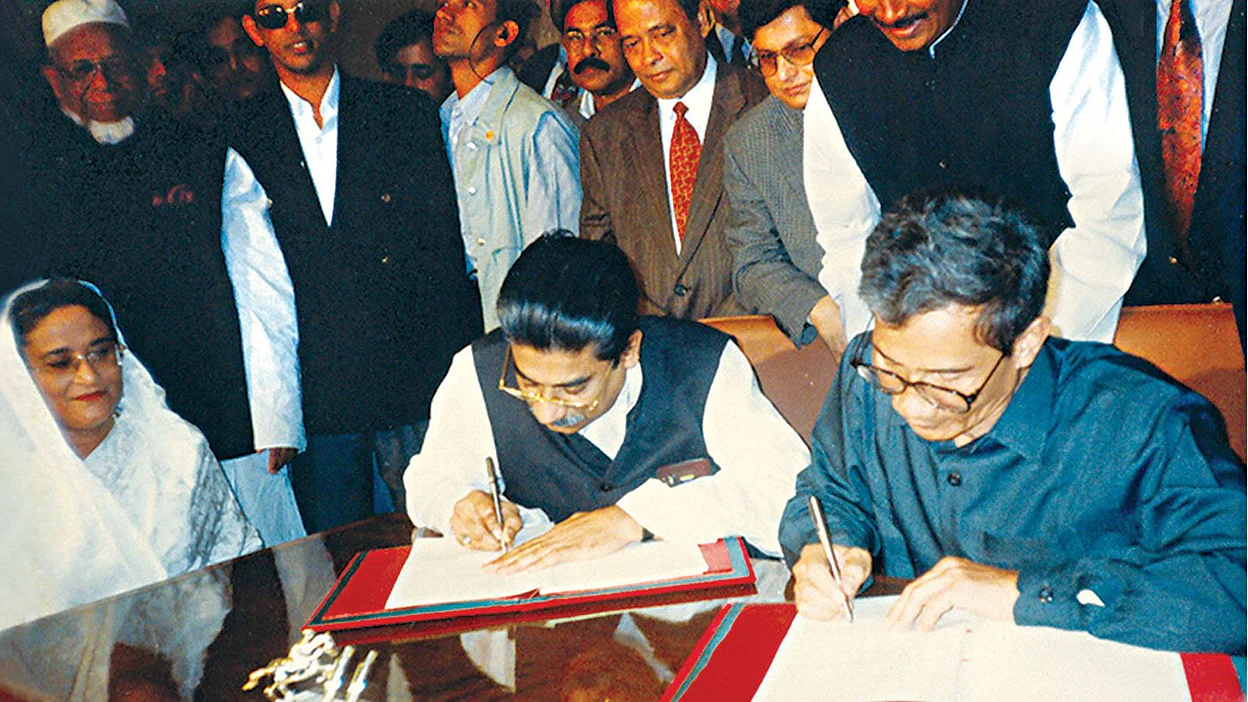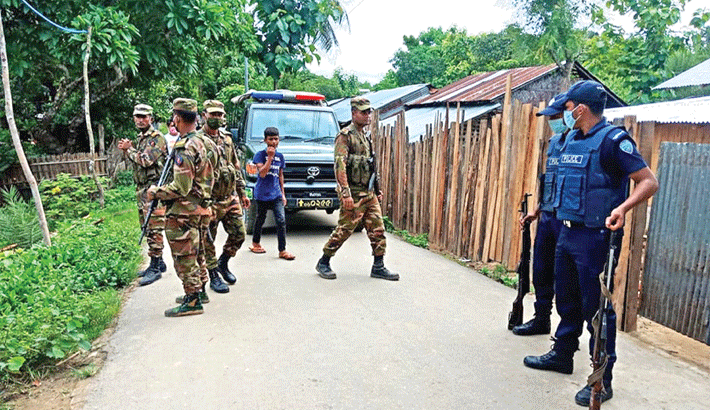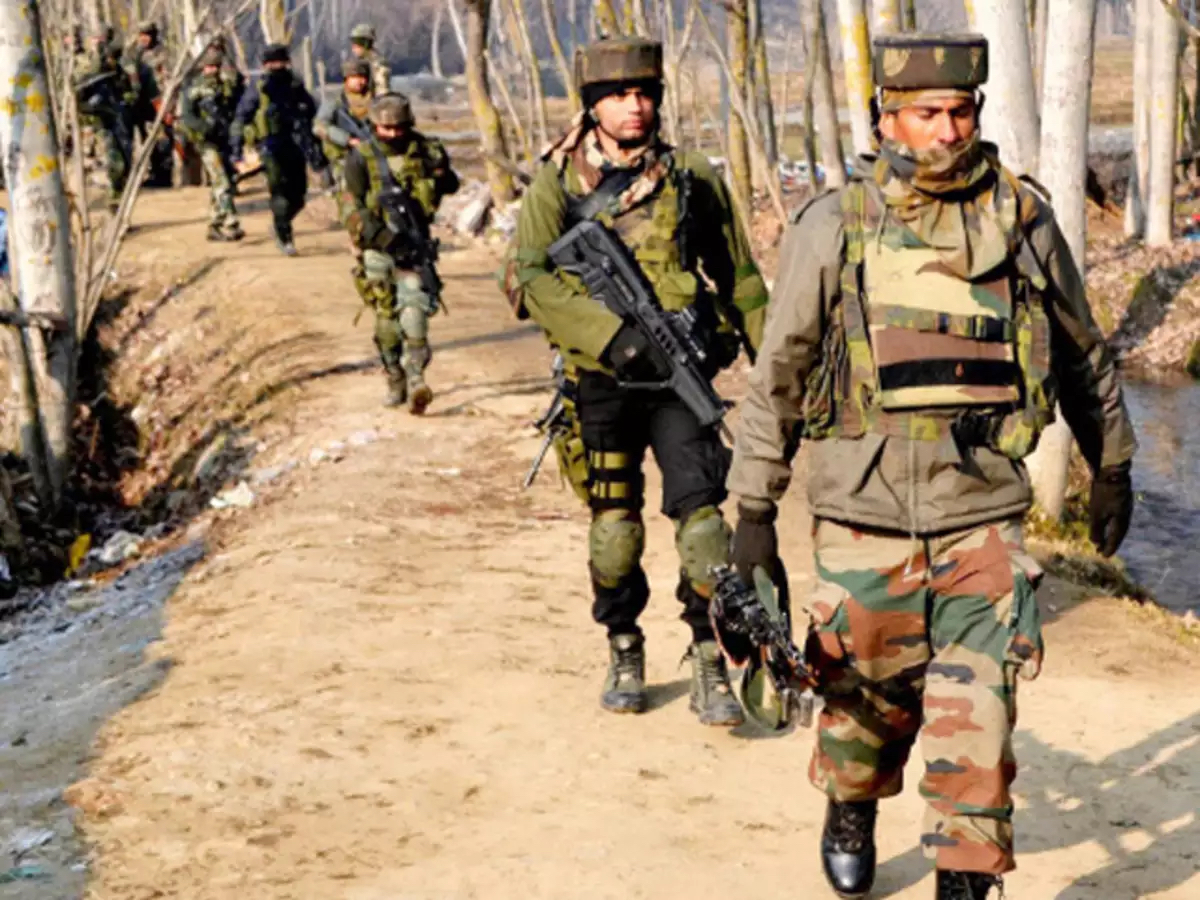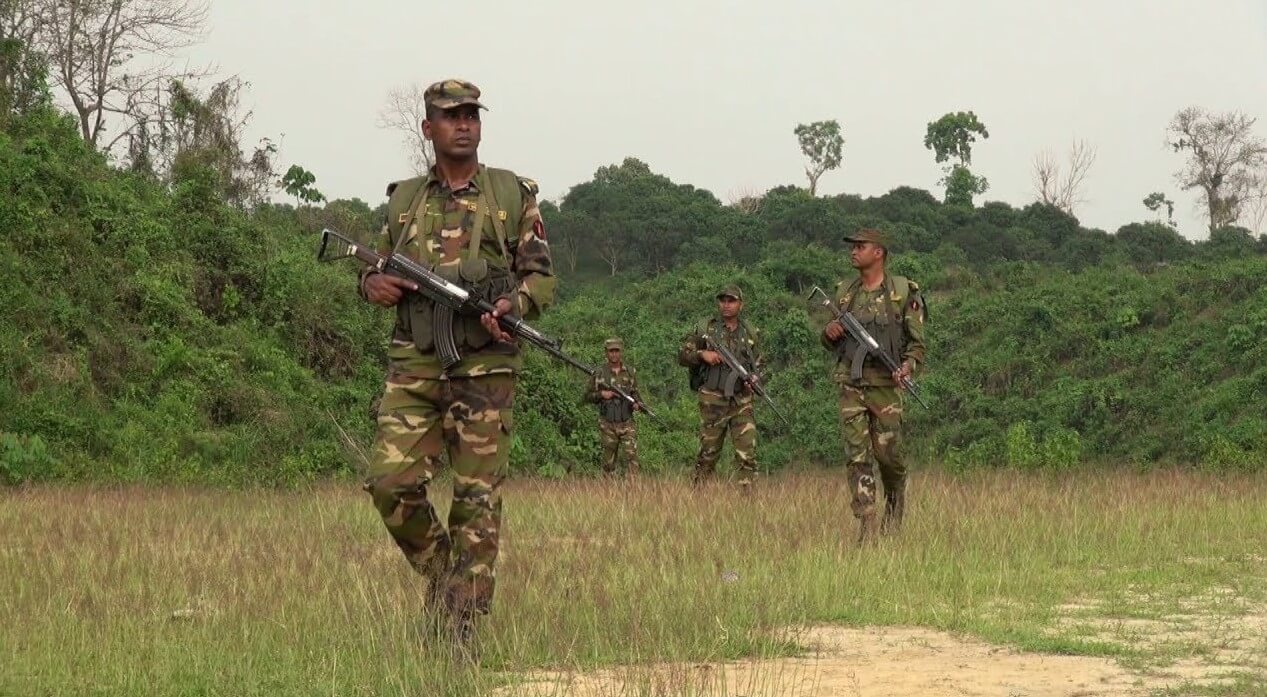The United People’s Democratic Front (UPDF) rebel group presented the government with a peace deal, bringing hope for peace in the tribal region of Chittagong Hill Tracts, which lies along Bangladesh’s border with Myanmar and northeastern India.
Although the details of the proposal have not been made public, the group’s chief, Prasit Bikash Khisha, said, “The demands that we made in our peace proposal were formulated keeping in mind the greater good of the hill people… I can assure you that we also put emphasis in our proposal to implement parts of the 1997 peace accord.”
The 66-page proposal comes after several attempts by the Bangladeshi government and army, who have been seeking to secure a peace deal with the group. In fact, the government even set up a special ministry for the dispute back in 1998.
The region houses 13 tribal groups that in the 1980s came together to form a separatist group called Shanti Bahini, calling for autonomy for the region. After around two decades of violence, in 1997, Prime Minister (PM) Sheikh Hasina, in her first stint in the role, facilitated a peace deal with Shanti Bahini’s political arm, the Parbatya Chattagram Janasanghati Samity (PCJSS).

However, a fringe group comprised largely of young guerrilla fighters, opposed the peace accord and formed the UPDF, continuing their call for autonomy for the tribal population in the hill region. According to the group, the 1997 accord did not address key concerns, such as the presence of thousands of army troops in the region.
In 2010, internal divisions within the PCJSS also caused the formation of a separate political faction called the PCJSS (MN Larma).
This internal strife has created conflict between the PCJSS and the UPDF, with hundreds dying on both sides through the year. In a minor respite in 2015, the regional parties secured a political compromise to bring peace for around two years. However, in November 2017, the UPDF, too, split to create the UPDF (Democratic), leading to the re-emergence of violence in the hills.
The efforts to secure this week’s peace proposal were led by former Army Major Emdadul Islam, who also helped facilitate the 1997 peace deal. He said, “UPDF declared it on their website and Facebook page and all the agencies concerned with monitoring the CHT situation have seen it.”
He further added that while he hadn’t formally presented the proposal to the government, he had informed them about the deal. According to Al Jazeera, the Chittagong Hill Tracts’ Ministry Secretary, Hamida Begum, said that there was no intimation through any formal channel.

Expressing hope for cooperation from the government, he said UPDF fighters are also citizens, noting that they have been a part of a “bloody war for years.” Keeping this in mind, he said that the government should work towards securing a new peace deal with the rebels.
Islam celebrated the UPDF’s proposal as a “significant development” for peace and stability in the Chittagong hill region. He remarked, “We always want peace. We are doing everything we can to keep peace. We welcome if they come to peace talks.”
There is also renewed hope for peace among the warring factions in the region. In fact, UPDF chief Khisha sent a letter to PCJSS chair Jyotirindra Bodhipriya Larma to apologise for sending the peace proposal without consulting with the PCJSS.
Experts, however, remain sceptical about the success of the peace proposal. Mehedi Hasan Palash, the founder of the Chittagong Hill Tracts Research Foundation, has said that even though the proposal is an “interesting step,” the two sides must focus on resolving their “internal issues,” referring to the UPDF and the PCJSS. He remarked, “If they keep fighting with each other and cannot come under a common ground, then peace in the CHT will be a distant dream.”

The Bangladeshi military and government have also been accused of orchestrating widespread human rights abuses against the tribal population in the region. According to global rights group Human Rights Watch, there have been several incidents of extrajudicial killings, enforced displacements, sexual violence, and land grabbing by the government, with little to no scope of redressal.
The International Chittagong Hill Tracts Commission also released a statement in May raising concern about the deployment of more troops of the Armed Police Battalion in the region.
It also argued that the 1997 peace deal has never been implemented, given that the region remains under military occupation, leading to violence not just between the UPDF and PCJSS but also with the army. For instance, in February, a security force officer and three PCJSS members died in a crossfire.
Rights groups have called on the government to allow the police to take control over the law and order situation in the region, which would be in accordance with the 1997 accord.

